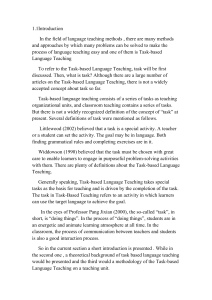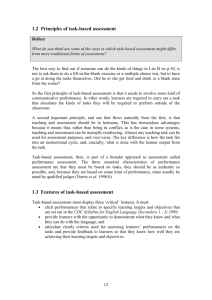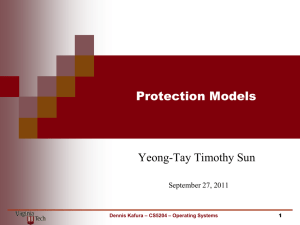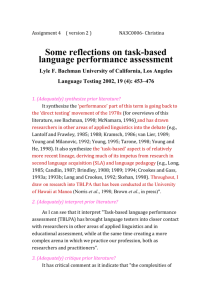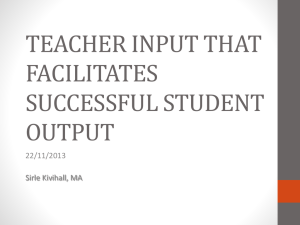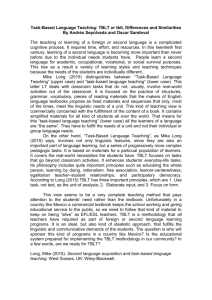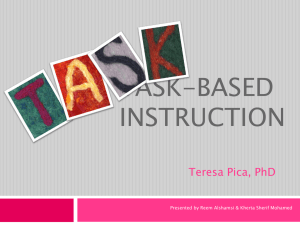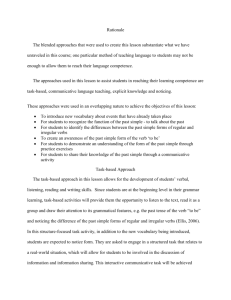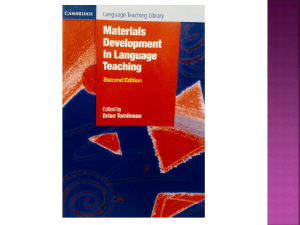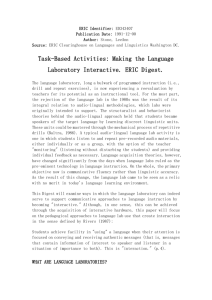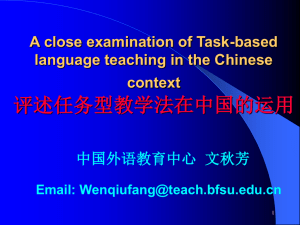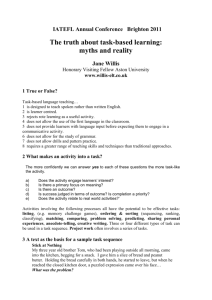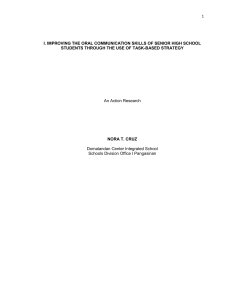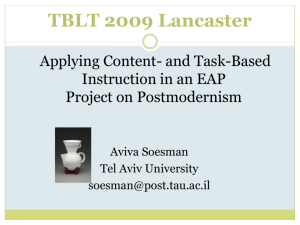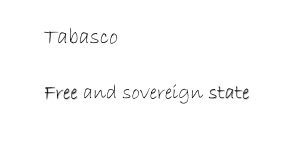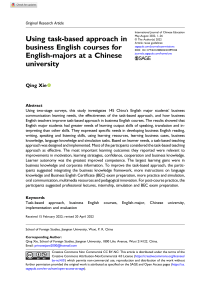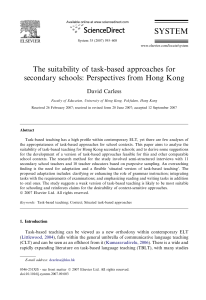How much?
advertisement
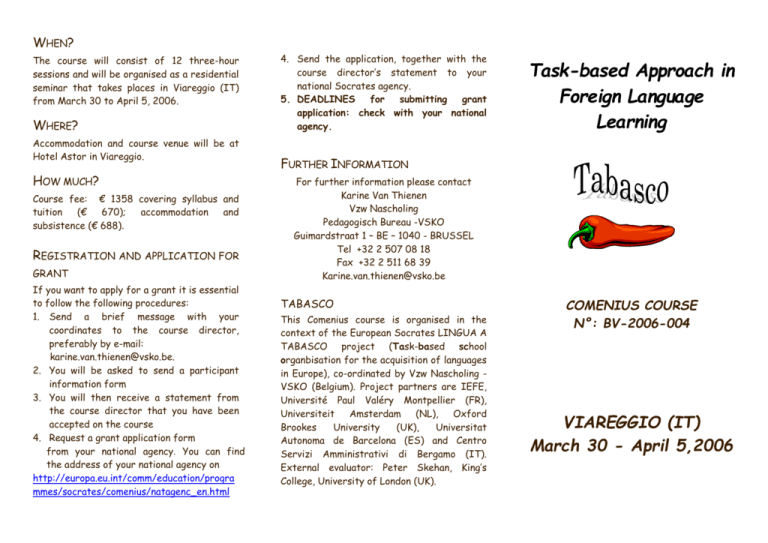
WHEN? The course will consist of 12 three-hour sessions and will be organised as a residential seminar that takes places in Viareggio (IT) from March 30 to April 5, 2006. WHERE? Accommodation and course venue will be at Hotel Astor in Viareggio. HOW MUCH? Course fee: € 1358 covering syllabus and tuition (€ 670); accommodation and subsistence (€ 688). REGISTRATION AND APPLICATION FOR GRANT If you want to apply for a grant it is essential to follow the following procedures: 1. Send a brief message with your coordinates to the course director, preferably by e-mail: karine.van.thienen@vsko.be. 2. You will be asked to send a participant information form 3. You will then receive a statement from the course director that you have been accepted on the course 4. Request a grant application form from your national agency. You can find the address of your national agency on http://europa.eu.int/comm/education/progra mmes/socrates/comenius/natagenc_en.html 4. Send the application, together with the course director’s statement to your national Socrates agency. 5. DEADLINES for submitting grant application: check with your national agency. Task-based Approach in Foreign Language Learning FURTHER INFORMATION For further information please contact Karine Van Thienen Vzw Nascholing Pedagogisch Bureau -VSKO Guimardstraat 1 – BE – 1040 - BRUSSEL Tel +32 2 507 08 18 Fax +32 2 511 68 39 Karine.van.thienen@vsko.be TABASCO This Comenius course is organised in the context of the European Socrates LINGUA A TABASCO project (Task-based school organbisation for the acquisition of languages in Europe), co-ordinated by Vzw Nascholing VSKO (Belgium). Project partners are IEFE, Université Paul Valéry Montpellier (FR), Universiteit Amsterdam (NL), Oxford Brookes University (UK), Universitat Autonoma de Barcelona (ES) and Centro Servizi Amministrativi di Bergamo (IT). External evaluator: Peter Skehan, King’s College, University of London (UK). COMENIUS COURSE N°: BV-2006-004 VIAREGGIO (IT) March 30 - April 5,2006 TASK-BASED APPROACH IN FOREIGN LANGUAGE LEARNING WHY? Tabasco (Task-Based School Organisation for the Acquisition of languages in Europe) is based on the strong belief that Language Teaching and Learning in a school context should be organised in such a way that the activities turn the student into a better user of the target language, but also into a better language learner and even into a better learner in general. The course offers a framework for such an approach, as well as a wealth of hands-on experience in the application of such an approach. WHO FOR? The course is meant for foreign language teachers - whatever language they teach with more than a routine interest in language learning. It also addresses heads of foreign language departments in schools, teacher trainers, in-service trainers, advisors and inspectors, working in the field of foreign languages. WHAT: PROGRAMME OUTLINES WHO BY? Day 1: Arrival Opening session: course overview and practicalities Portfolio Day 2: Taking stock of participants' needs and expectations Experiential learning: an Italian learning task for beginners Strand one: Language learning and acquisition Day 3: Italian learning task Strand two: Pedagogical relation and selfdirected learning Day 4: Italian learning task Assessment within a Task-based Approach Day 5: Italian learning task and evaluation Strand three: School organisation in support of a task-based approach Task cycle and reflection Day 6: Task construction and task evaluation Day 7: Towards a conceptual framework for a task-based approach, portfolio presentation and course evaluation Departure The course is organised by a consortium of European INSET organisations and universities which are partners in the TABASCO project. The course director is Karine Van Thienen, INSET and International Relations Unit of VSKO (Belgium). She runs the course in co-operation with an tutor team from several EU countries, reflecting the international character of the course and its audience. HOW The methods used will in the first place be task-based, as this is the approach that is advocated for learners. This way, participants will go through the same experiences as their learners do while carrying out tasks. Activities will include discussions, workshops, case studies, group work and reflection. The vehicular language will be English. HOW TO PREPARE FOR THE COURSE? Bring an example of what you consider as a “good task” for foreign language learning. Bring an A4 page presenting your school and language learning practice.
